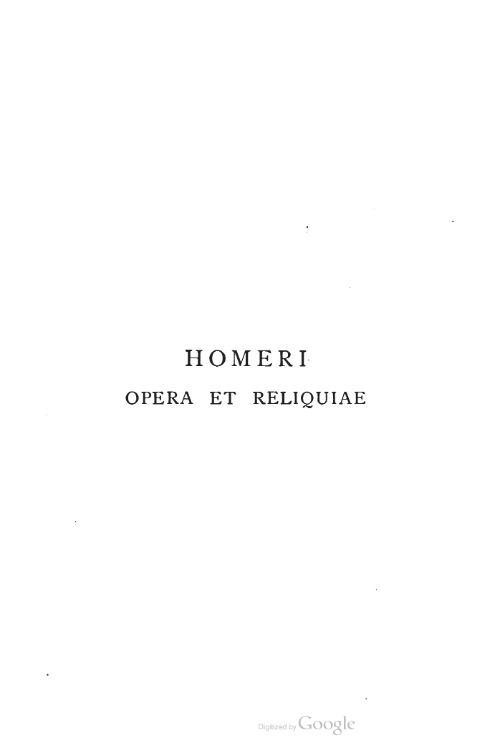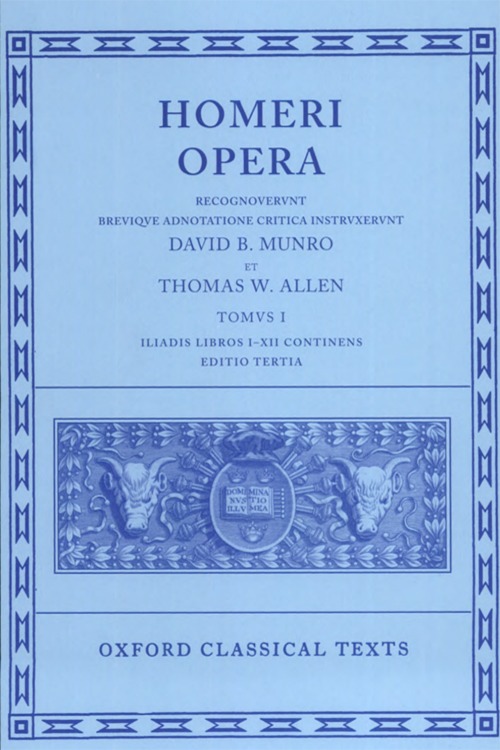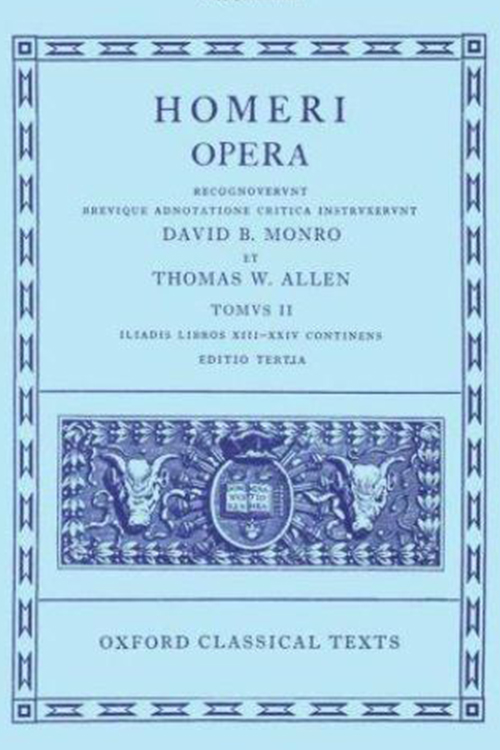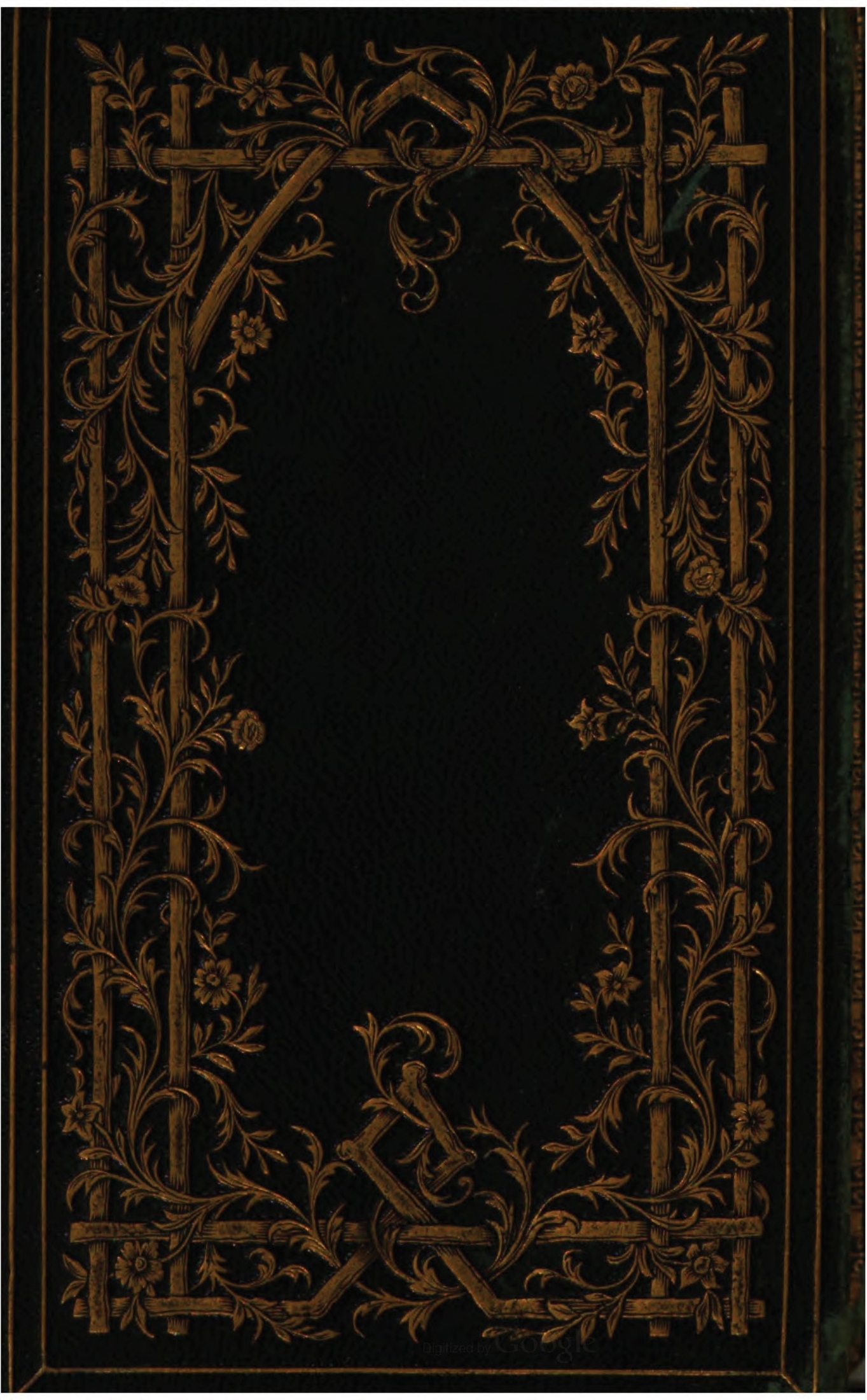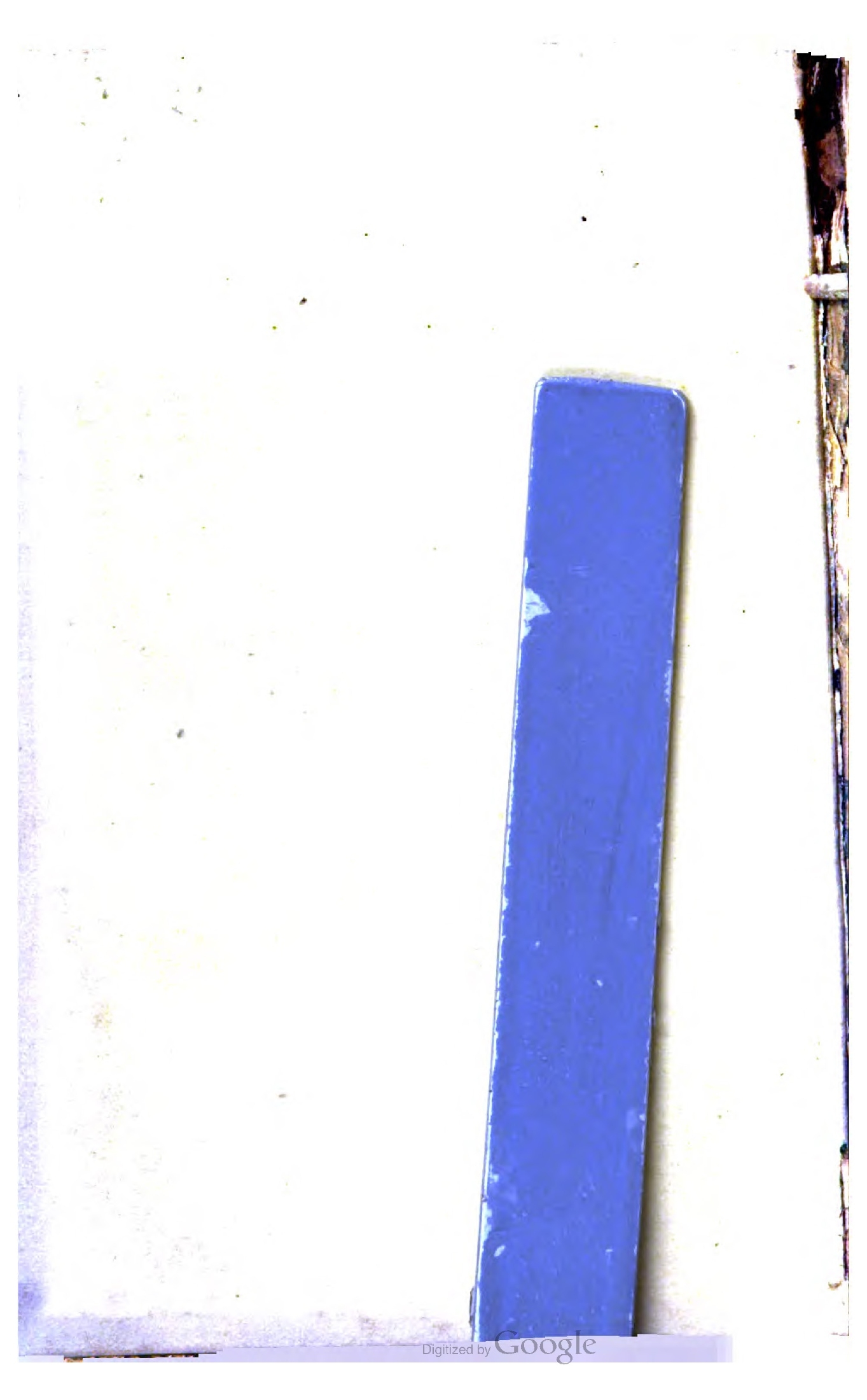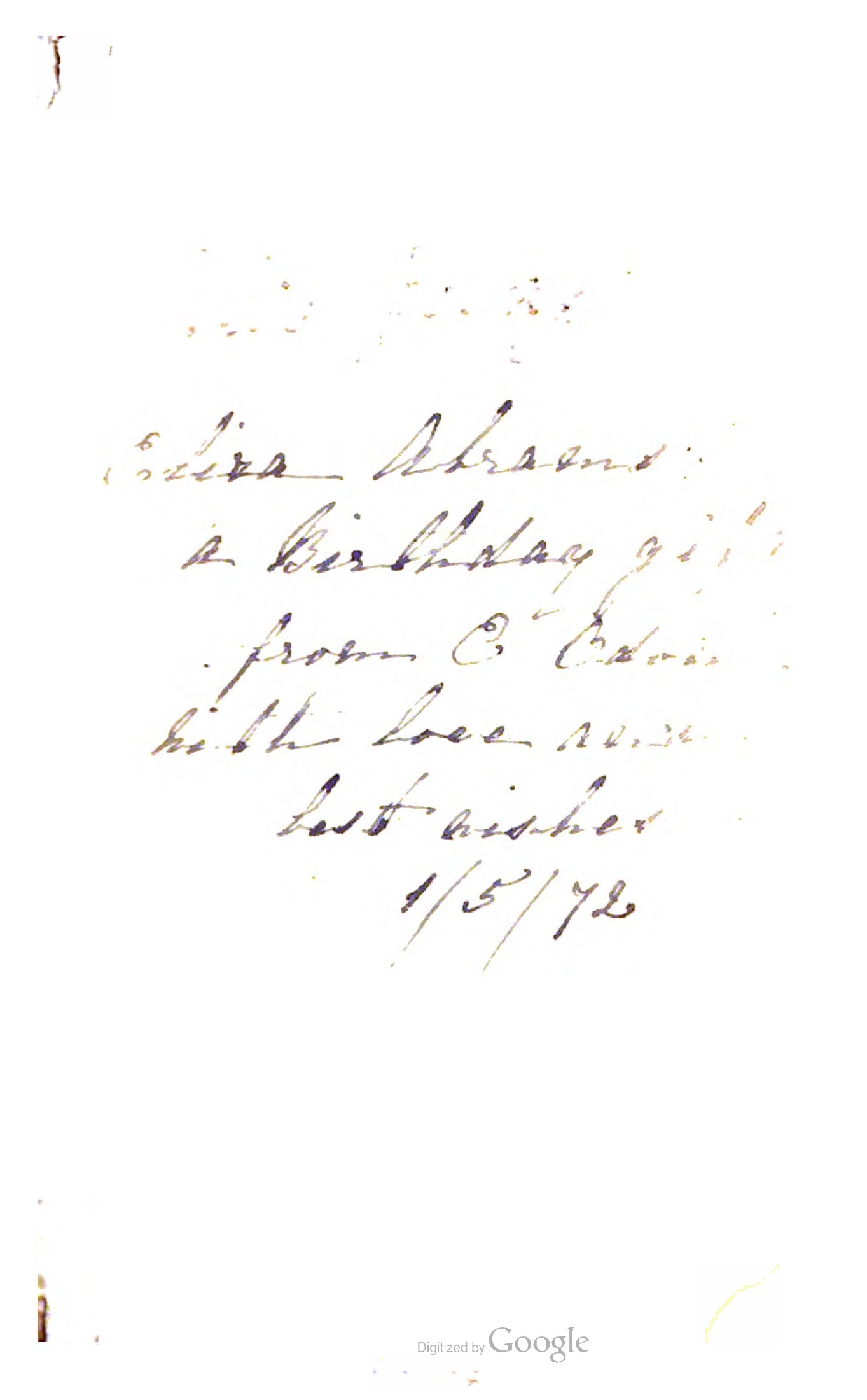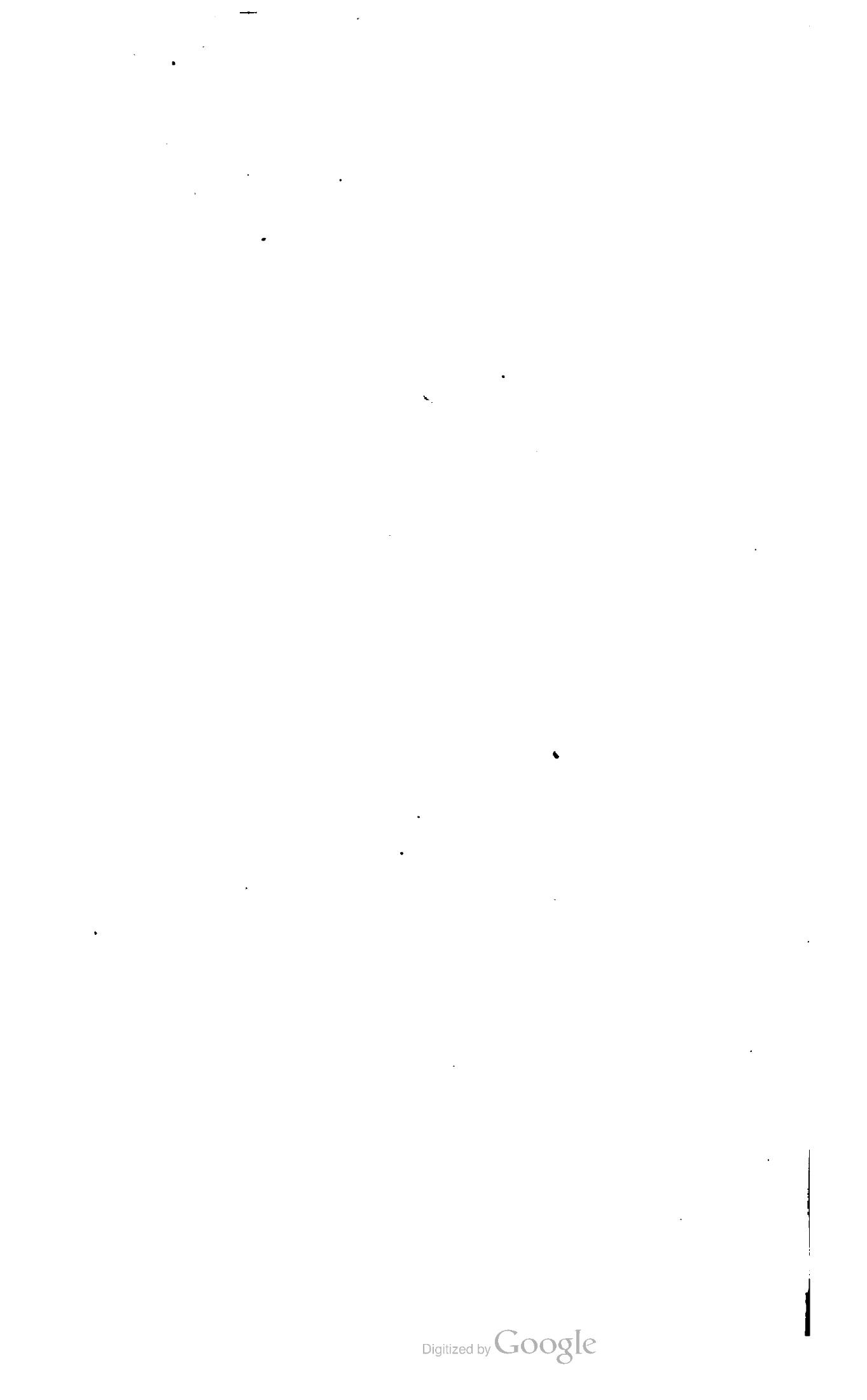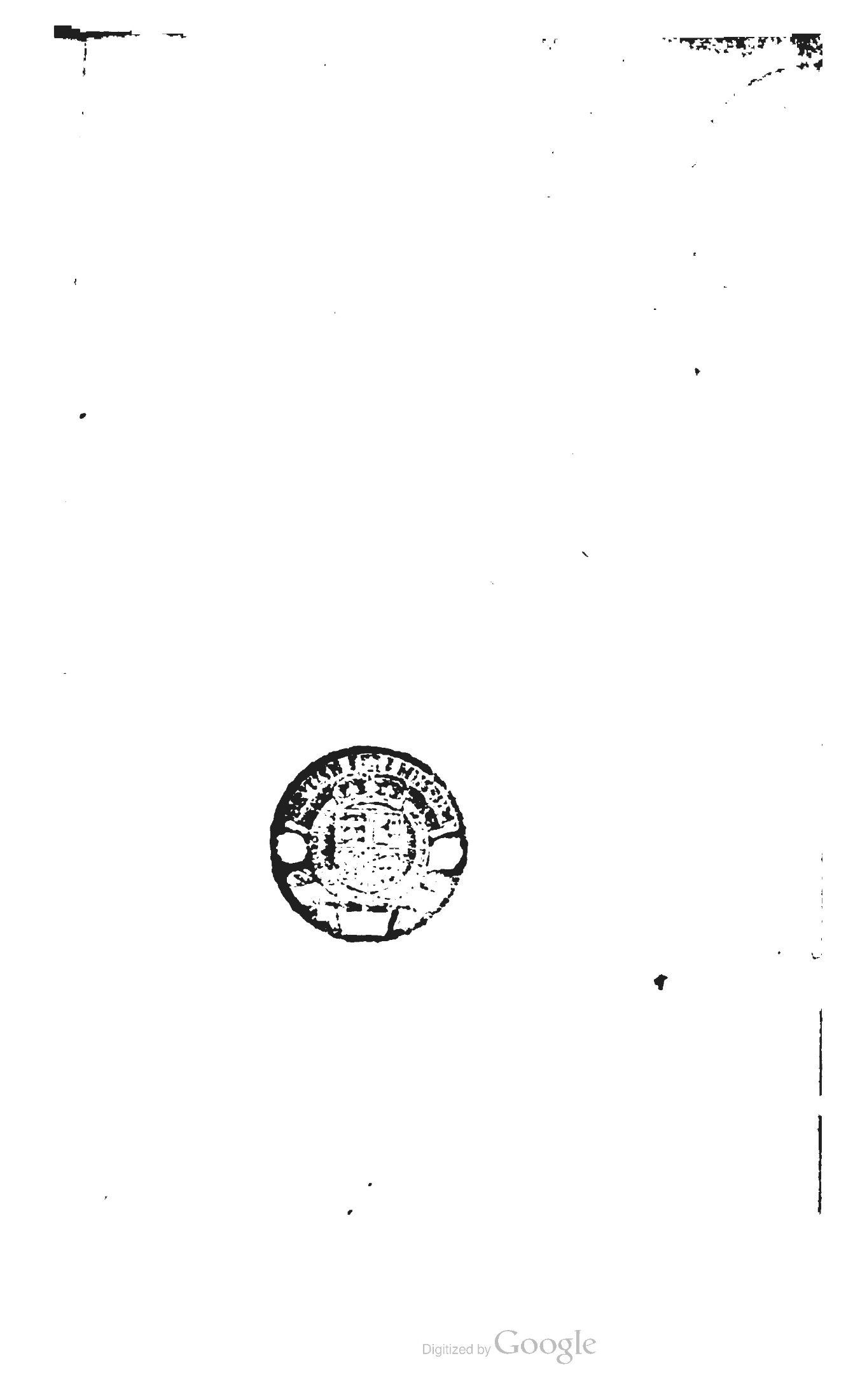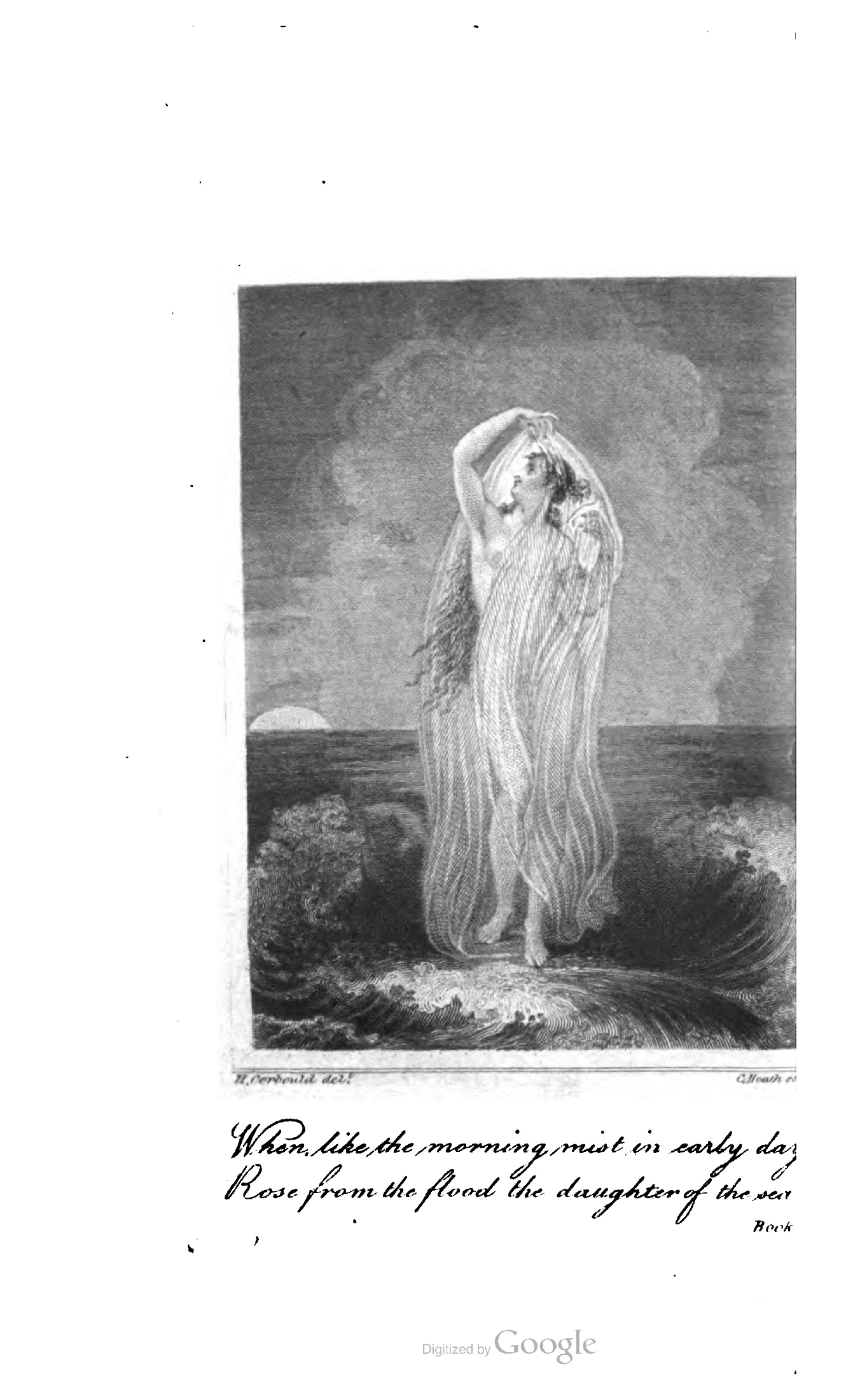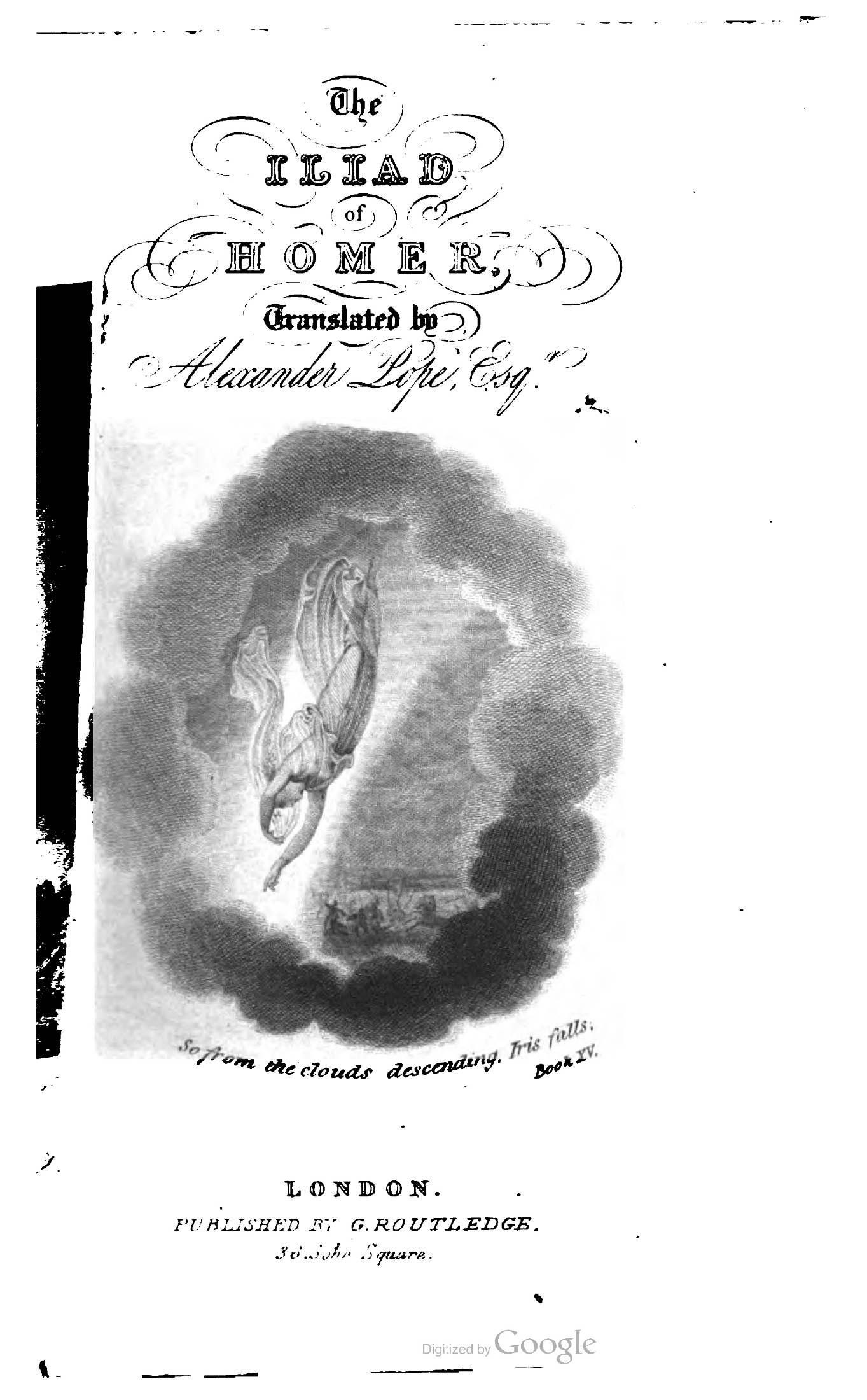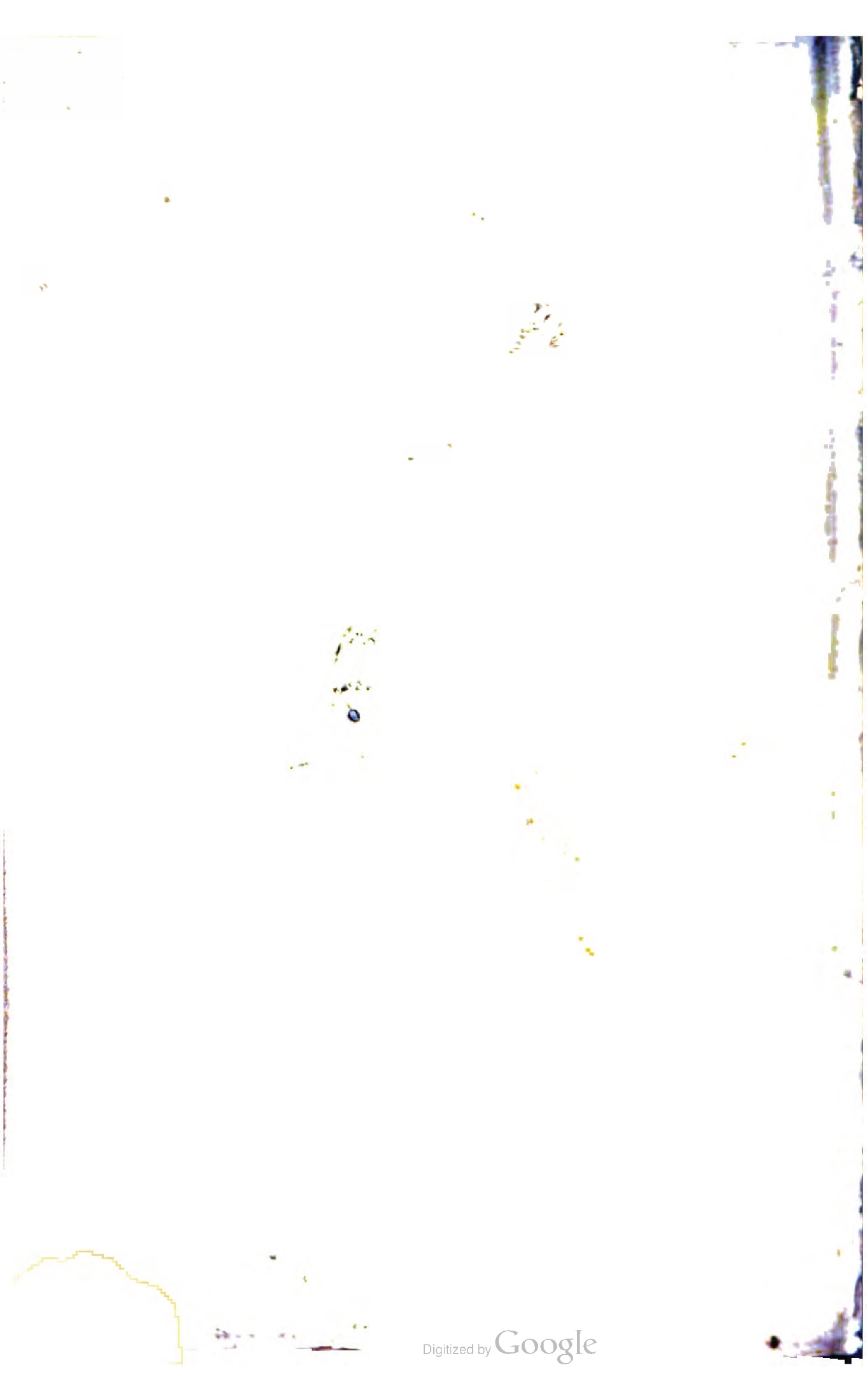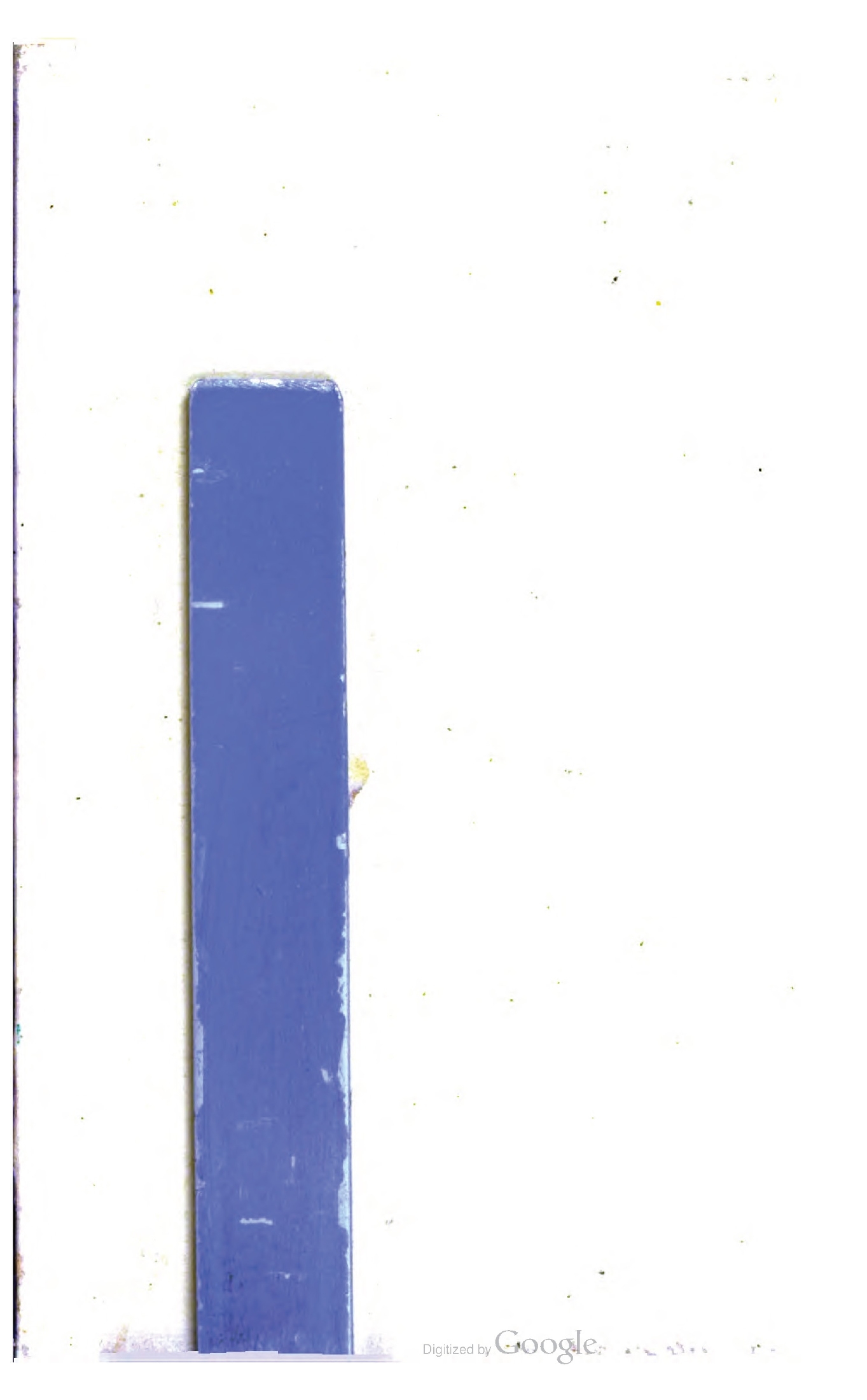About
Alexander Pope's 1848 version of the Iliad hero myth is a well-known version of the Greek epic poem by Homer.
Source: OMNIKA
Access
Read for free
External sources
Primary
Myth
Achilles, half man-half deity, fought in the Trojan war for King Agamemnon and quarreled with him over a mistress, among other things. The war featured the Trojans against the Greeks and had lots of action where Achilles was the star. Achilles' close friend Patroclus died at the hands of Hector; consequently, Achilles slaughtered him in order to get his revenge. While not listed in the Iliad, sources say that Achilles suffered his tragic fate at the end of the war by Paris when he was shot with an arrow through the achilles heel. Achilles fulfilled the hero motif of living a short life of glory.
Belief system
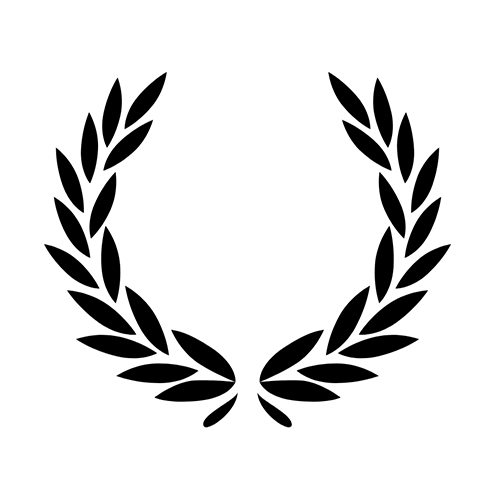
The ancient Greek belief system represents a collection of cultural myths and stories that date back to circa 1300-1200 BCE. Its pantheon of deities were widely known and written about in Greek texts. The Romans...
Deity
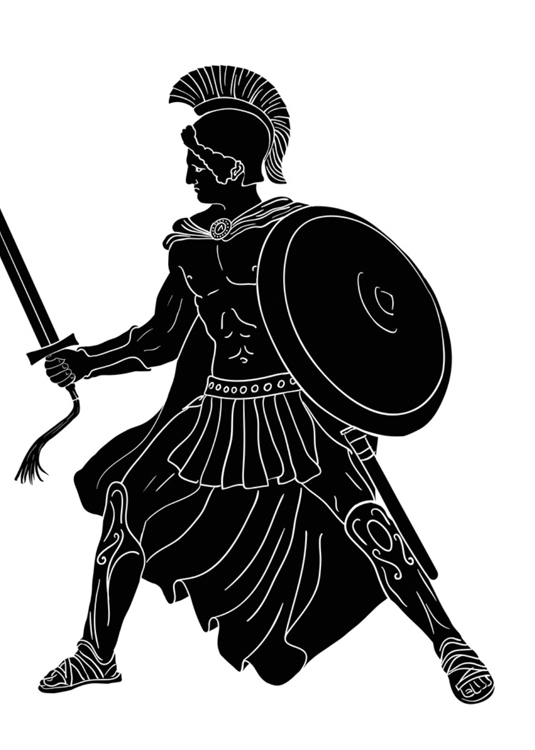
Achilles (Greek: Ἀχιλλεύς) was a Trojan war hero who was half man, half deity. Achilles is best known for his fighting skills during the Trojan war where he slayed Hector.
Translation
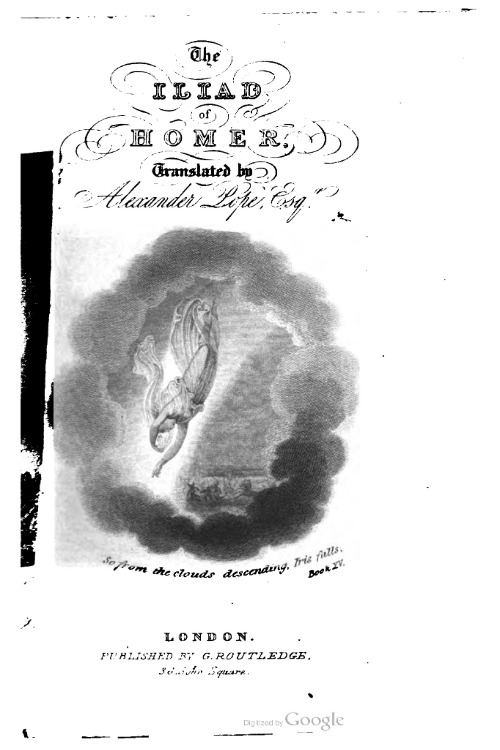
"The Iliad" is an English translation of the Iliad hero myth by Alexander Pope in 1848. This version has been republished many times since Pope's lifetime (1688-1744). It contains all twenty-four books.
Myths cited
It looks like only the main myth was referenced in this work.
Belief systems cited
It looks like only the main belief system was referenced in this work.
Other works
Book · 1914
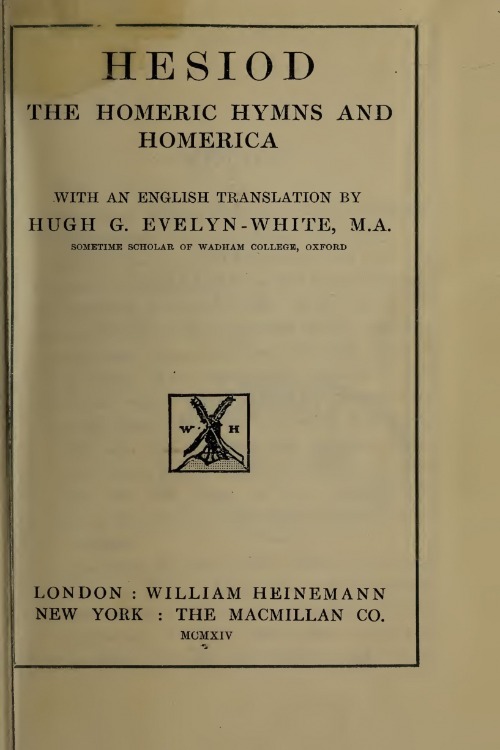
Hesiod, the Homeric Hymns, and Homerica is a book published in 1914 by Hugh G. Evelyn-White. It contains various poems by Homer and Hesiod in the ancient Greek as well as in English. The book is almost 700 pages long and includes some of ancient Greece's most well known poems: Theogony, Works and Days, and The Story of Oedipus, for example.
Book · 1891
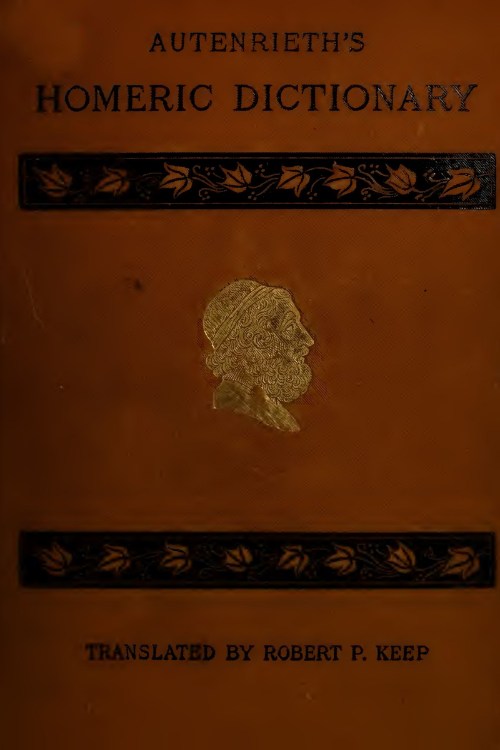
Autenrieth's Homeric Dictionary is an English translation of a German ancient Greek to English dictionary. It was originally written by Georg Autenrieth in 1886 (German) and was translated into English in 1891 by Robert P. Keep. While dated, this work has stood the test of time with respect to being a handy companion to students reading Homer in the ancient Greek script. The appendix also contains one hundred and fifty images about related topics.
Book · 2012

T.E. Lawrence's Odyssey was published in 1932 and did not include his own attribution (he used T.E. Shaw as an editor name). The present version is a 2011-2012 reprint from HarperCollins.
Book · 1928
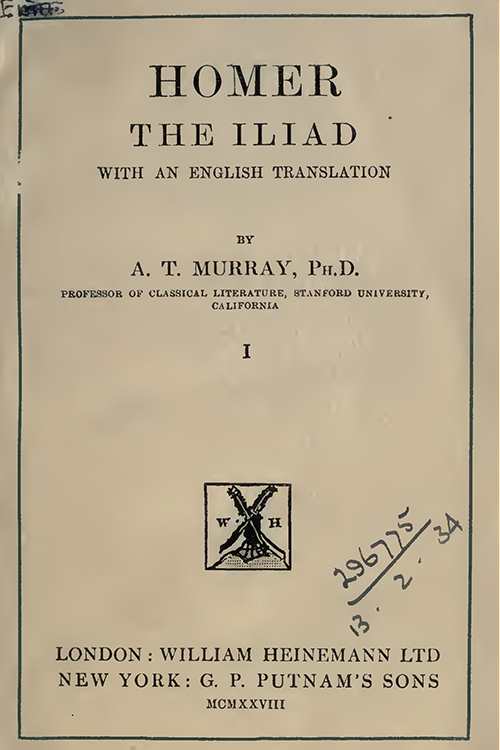
Augustus Taber Murray's 1924 translation of the Iliad hero myth contains both the Greek and English versions. This 600 page book was written by an expert in Greek literature who earned a Ph.D. from Johns Hopkins University in 1890. Murray was born in 1866 and died in 1940. Volume I contains books I-XII and volume II contains XXIII-XXIV.
Book · 1848
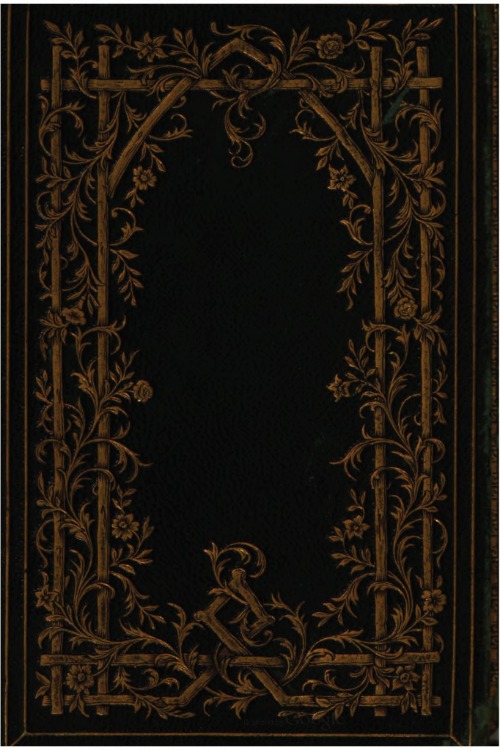
Alexander Pope's 1848 version of the Iliad hero myth is a well-known version of the Greek epic poem by Homer.
Book · 1954
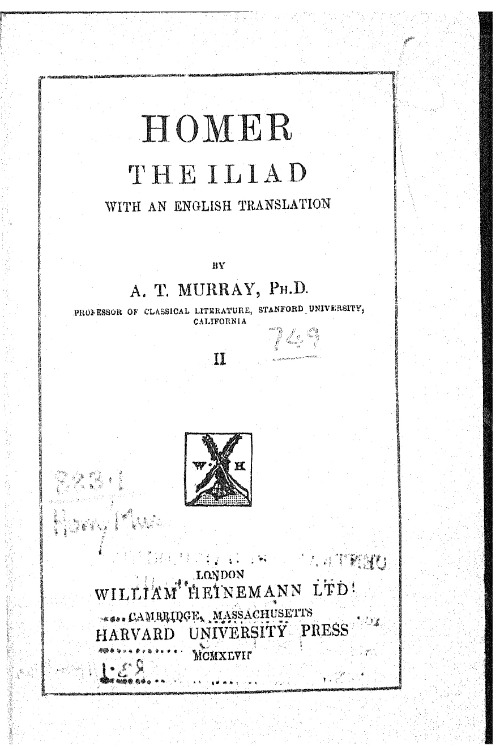
The Iliad, vol. II, by August T. Murray is a 1954 reprint of the second volume by the author. It contains books XIII-XXIV of the Iliad hero myth as a translation from Ancient Greek to English.
Book · 1990
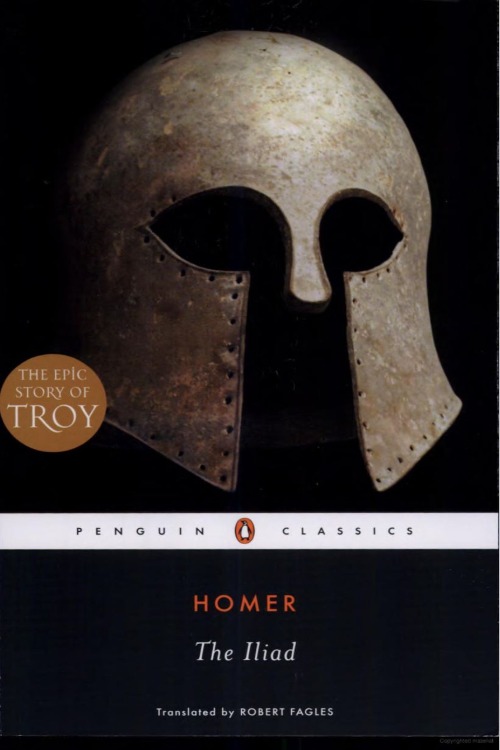
In the Iliad, Robert Fagles provided a modern (1990 CE) translation of one of the most well-known Greek epic poems. The translation also includes an introduction by Bernard Knox, who provides a contextual discussion that is helpful for readers new to the genre.
Contributor
Cite this work
ChicagoHomer. The Iliad of Homer, Translated by Alexander Pope. Translated by Alexander Pope. London, England: G. Routledge, 1848.
